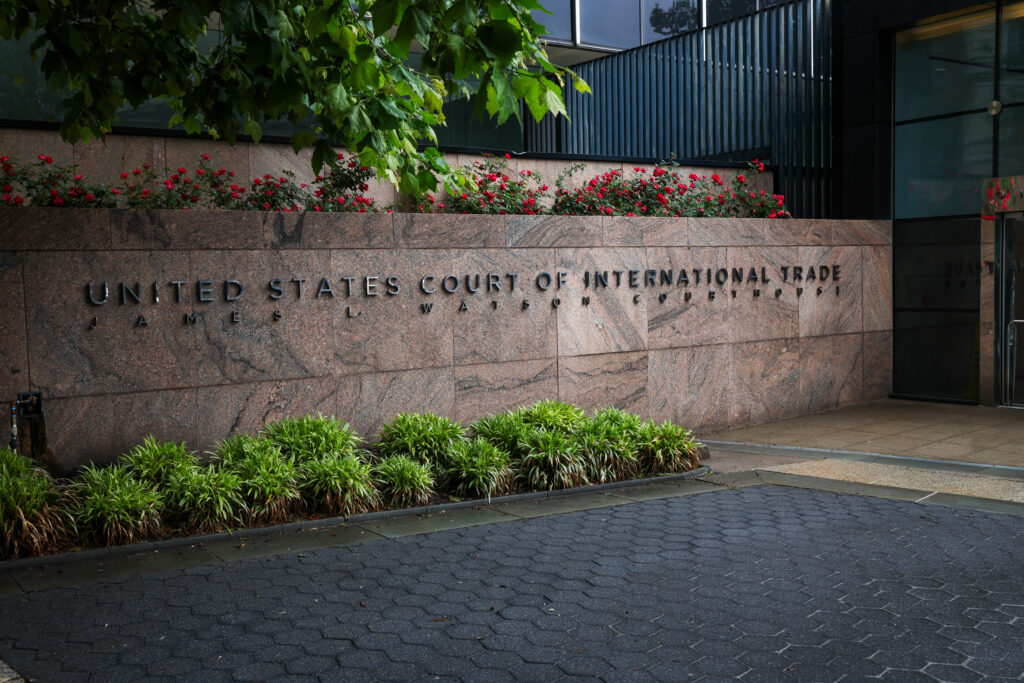
*Update: The US Court of Appeals for the Federal Circuit ruled on 5/29 to reinstate President Trump’s IEEPA tariffs during the appeal process
U.S. Court of International Trade Strikes Down IEEPA Tariffs: What Importers Need to Know
On May 28, 2025, the U.S. Court of International Trade (CIT) unanimously struck down tariffs imposed under the International Emergency Economic Powers Act (IEEPA), delivering a temporary win for importers. While this ruling pauses the collection of these duties and raises the possibility of refunds, the government’s immediate appeal means the situation remains highly uncertain. Here’s what importers need to know and how to navigate this fluid landscape.
Background on IEEPA Tariffs
The Trump administration leveraged IEEPA to impose tariffs, citing national emergencies like fentanyl trafficking and trade imbalances. These included:
- A 10% “reciprocal” tariff on imports from nearly all countries, effective since April 5, 2025.
- Elevated tariffs, such as 25% on non-USMCA-compliant goods from Canada and Mexico, and 20% on goods from China and Hong Kong.
- Additional reciprocal tariffs (10% to 67%, previously up to 125% on China) paused but slated to resume in July 2025.
These tariffs raised costs for importers, complicating supply chains and pricing strategies.
The CIT’s Decision
The CIT ruled that IEEPA does not authorize the President to impose tariffs, as the law is meant for sanctions or asset freezes, not broad trade measures. The court:
- Invalidated all IEEPA-based tariffs, including the 10% global tariff and country-specific duties.
- Issued a nationwide permanent injunction, effective by June 7, 2025, stopping these tariffs for all importers.
- Ordered U.S. Customs and Border Protection (CBP) to comply, potentially enabling refunds for duties paid.
What This Means for Importers
- Temporary Tariff Relief: Unless a stay is granted during the appeal, IEEPA tariffs should cease by June 7, 2025. Importers should prepare to adjust entry filings once CBP provides guidance but remain cautious, as this relief may be short-lived.
- Refund Opportunities: Importers who paid IEEPA tariffs may be eligible for refunds. To pursue these:
- Collect entry numbers, HTS codes, and duty amounts.
- File Post-Summary Corrections or protests promptly once CBP outlines the process.
- Act fast to meet deadlines.
- Appeal Creates Uncertainty: The Justice Department’s appeal, likely headed to the U.S. Court of Appeals for the Federal Circuit or the Supreme Court, could overturn the ruling and reinstate tariffs. This volatility demands proactive planning:
- Model costs with and without IEEPA tariffs.
- Explore duty-deferral options like bonded warehousing or Foreign Trade Zones.
- Stay agile, as tariffs could return suddenly.
- Other Tariffs Unaffected: Section 301 tariffs (e.g., on Chinese goods), Section 232 tariffs (e.g., on steel), and standard MFN rates remain in force. Compliance with these duties is still required.
- De Minimis Exemption Uncertainty: The ruling’s impact on the elimination of the de minimis exemption for Chinese imports is unclear. Importers should await CBP clarification before altering low-value import strategies.
How to Stay Ahead
The appeal process makes this a precarious moment for importers. To protect your business:
- Track CBP Updates: Monitor CBP’s website or work with your customs broker for guidance on tariff cessation and refunds.
- Organize Records: Prepare documentation of IEEPA tariff payments to expedite refund claims.
- Plan for Volatility: Develop contingency plans for tariff reinstatement, including cost modeling and supply chain adjustments.
- Seek Expert Guidance: For tailored advice and answers to your questions, contact our trade experts at info@kenhamanaka.com. Our team can help you navigate refunds, compliance, and appeal-related risks.
The Bottom Line
The CIT’s ruling offers importers a reprieve from IEEPA tariffs and a chance for refunds, but the government’s appeal keeps the future uncertain. Other tariffs remain, and the situation could shift rapidly. By staying informed and proactive, importers can manage risks and seize opportunities. For expert support, reach out to us at info@kenhamanaka.com to ensure your business is prepared for what’s next.
